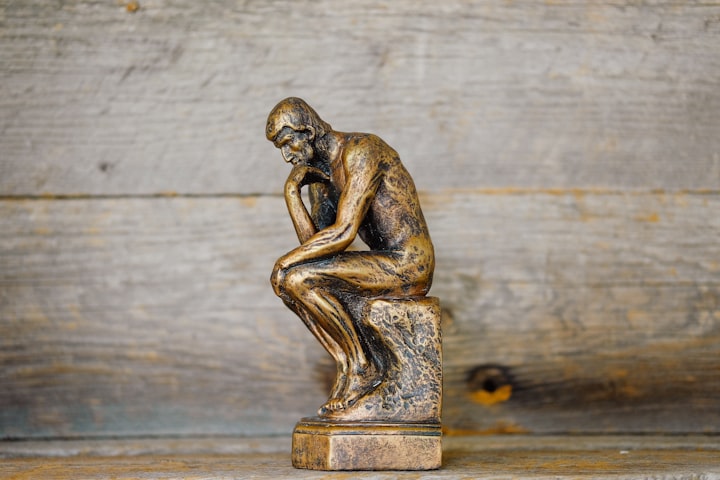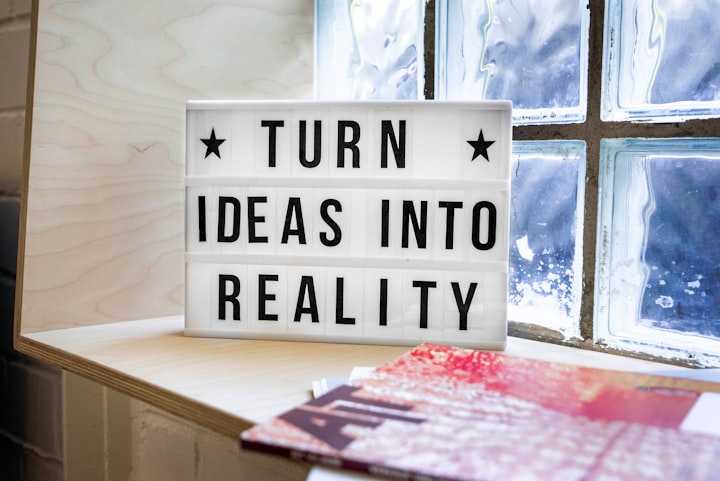3 Key Ways Social Media Distorts Our Perception of Beauty
The definition of beauty is one of the most divisive, diverse, and debated topics in the world’s history.

The definition of beauty is one of the most divisive, diverse, and debated topics in the world’s history.
There is an argument as old as time, of whether or not “beauty is in the eye of the beholder”. Some believe that beauty is completely subjective, and thus merely exists in the minds of those who contemplate it. Others argue that if beauty is subjective, then the word beauty has no meaning and that nothing is beautiful as a result.
While beauty has always been debated and we’ve seen it skewed in magazines and advertising for decades now, the birth of social media polarized it for us. With a constant barrage of images of sculpted, god-like men and perky, bronze women, it’s no wonder that our perception of beauty has been altered through social media.
The Need to Achieve the Aesthetic
The problem is, any influencer can tell you that their images aren’t simply taken and put up for the world to see. They use touch up apps, if not photoshop, and lightroom presents to change the coloring of their photos.
This makes it almost impossible to have real life emulate art. It’s difficult for our brains to distinguish between an image that looks real and something that is, in reality, a piece of art. And that leads us to change our own photos so we can achieve the same aesthetic as all the brands and people we follow.
Whether it’s just a light touch up, a lighting filter or a totally new face, we are met with the opportunity to become a brand new person from the minute we log in to Instagram.
Some would say that dog-face filters, filters that give us clearer-looking skin, and filters for cartoon eyes are harmless. And while yes, those filters are fun and aren’t harmful alone, the constant need to look like something we aren’t online is harmful. If we can’t upload even a photo we like to social media without first touching it with editing software, there’s a problem.
3 Key Ways Social Media Distorts Our Perception of Beauty
So, in what ways does social media distort our perception of beauty in ways other forms of media can’t?
1. Influencers
Now a legitimate career path, the influencer is someone who gains significant popularity online and often uses their voice to partner up with popular companies and acts as an affiliate for brands. They often get opportunities to do glamorous things the majority of us can’t, and so we feel as though we ought to be able to afford all the beauty treatments and luxury outings they can.
Of course, their images that look like snapshots of real life are actually as planned and manipulated as any image you may find in a magazine, but are presented to us in the same breath as our sister’s picture of her toddler. When their images are found mixed in with those of our friends and family members, it’s no wonder we feel inadequate so often.
2. “Fitspo”
A shortened version of the combination of the words “fit” and “inspiration”, fitspo started as images of those we’d like to use for inspiration to get fit and healthy. While they aren’t inherently bad for us, fitness influencers use many of the same tricks as other influencers for getting a certain look in their image.
Of course, these influencers are genuinely fit people, and though they may not use image manipulation to make their body parts look smaller or larger (though this is certainly the case with some), they will use camera tricks to make their waist look smaller and emphasize their hips or shoulders. If you’ve ever tried to strike one of their poses before, you will know that it’s not a natural way to stand!
While many more genuine fitspo influencers also share helpful information, their images can still leave followers questioning why their physique doesn’t compare, and feeling unattractive in comparison.
3. The “selfie”
Until the development of quality cameras on the front of phones, the selfie as we know it today didn’t exist. If we wanted a photo of us, we’d ask someone to take it for us. While this started with us simply getting more pictures of our friends and family, many now focus on how to get the best looking selfie for their profile or to share on their page. Again, angles and even editing come into play here, adding additional makeup, adding definition, and removing blemishes. While the need to do this often comes from feelings of inadequacy thanks to the media at large, the ease in which people do this only furthers the problem for others.
Beauty isn’t just someone or something that looks attractive to you any more, it’s complete perfection. No acne scarring, no large freckles, no dark bags under the eyes. While there are some movements to help show more accurate representations of what real life beauty is, we as a society orient to the unachievable standard of beauty social media, at large, sets.
The world of beauty is extremely complicated, especially in the world of social media. Of course, asking people to stop uploading edited images isn’t realistic, but it certainly is possible to surround ourselves with more body positivity, or even just positivity in general. It’s far more satisfying to scroll through photos of delicious food, funky architecture and animals than looking sadly at people who look entirely different to us.
So, if you’re scrolling through your feed and you find an image that makes you in any way feel negative about yourself, unfollow or hide that profile from your feed. Social media can be a positive place, but we have to work to make it so for ourselves, first.
About the Creator
Blissed Out
www.blissedout.ca






Comments
There are no comments for this story
Be the first to respond and start the conversation.